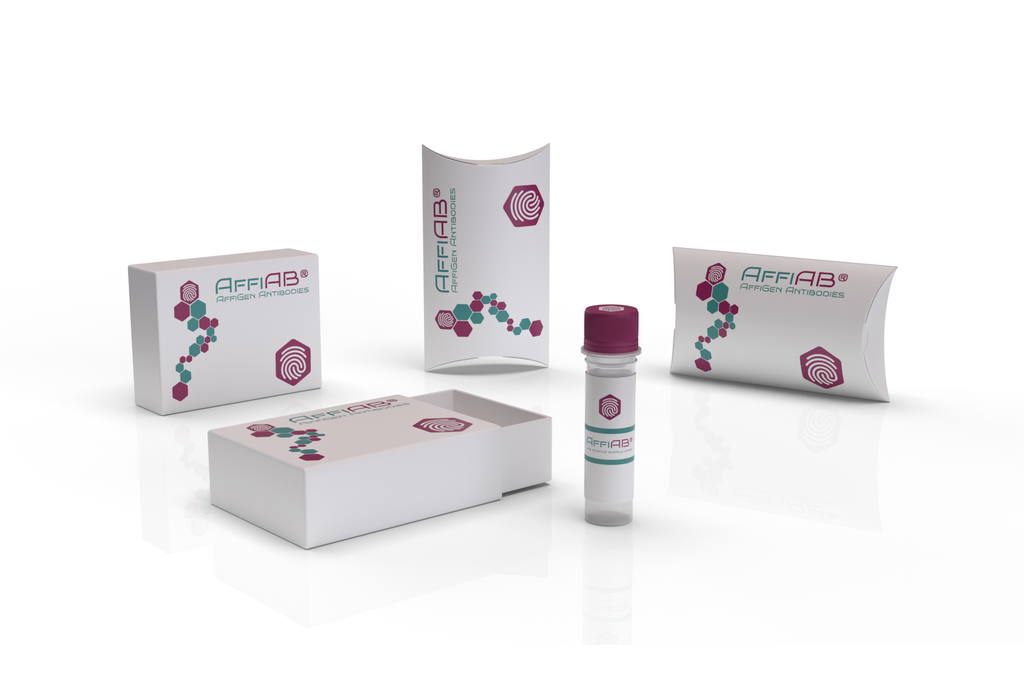AffiAB® Anti-Interferon alpha 1 Antibody
The genes encoding type I interferons (IFNs) , which include 14 IFN-α genes (two of which are IFN-α1 and IFN-α13) , one IFN-β gene, one IFN-w (also known as IFN-α II1) gene and a number of IFN-w pseudogenes, are clustered on human chromosome 9. IFN-α and -β are cytokines that are widely known to induce potent antiviral activity. They exert a variety of other biological effects, including antitumor and immunomodulatory activities and are increasingly used clinically to treat a range of malignancies, myelodysplasias and autoimmune diseases. IFN-w is antigenically different from human IFN-α, IFN-β or IFN-γ, but is a component of natural mixtures of IFN species produced by virus-induced leukocytes or Burkitt's lymphoma cells. The type I interferon receptor (IFN-αR) interacts with IFN-α, IFN-β and IFN-w, and seems to be a multisubunit receptor.
Antibody type
Rabbit polyclonal Antibody
Uniprot ID
SwissProt: P01562 Human; SwissProt: P01572 Mouse; SwissProt: P05011 Rat
Recombinant
NO
Conjugation
Non-conjugated
Host
Rabbit
Isotype
IgG
Clone
N/A
KO/KD
N/A
Species reactivity
Human, Mouse, Rat
Tested applications
WB, IF-Cell, IHC-P, FC
Predicted species reactivity
N/A
Immunogen
Synthetic peptide within mouse IFNA1 aa 140-181.
Storage
Store at +4°C after thawing. Aliquot store at -20°C or -80°C. Avoid repeated freeze / thaw cycles.
Form
Liquid
Storage buffer
1*PBS (pH7.4) , 0.2% BSA, 50% Glycerol. Preservative: 0.05% Sodium Azide.
Concentration
1 mg/mL.
Purity
Immunogen affinity purified.
Signal pathway
N/A
Recommended dilutions
WB: 1:500; IF-Cell: 1:50-1:200; IHC-P: 1:50-1:200; FC: 1:50-1:100
Molecular Weight
Predicted band size: 22 kDa
Subcellular location
Secreted.
Positive control
Mouse liver tissue lysate, N2A, SHG-44, SH-SY5Y, PC-3M, rat brain tissue, human kidney tissue, mouse brain tissue.
